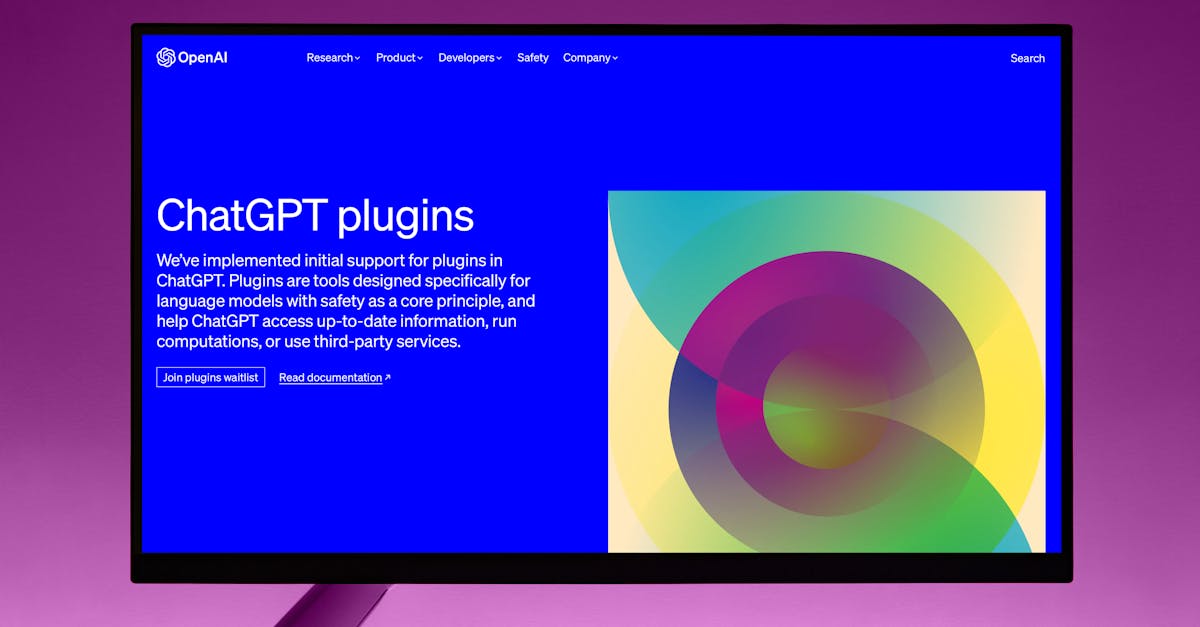OpenAI’s Strategic Safeguards: Enhancing Teen Safety with ChatGPT Parental Controls
OpenAI has announced an ambitious 120-day plan to bolster the safety of its popular AI tool, ChatGPT, particularly for teenage users. This initiative will introduce robust parental controls and establish an expert council on AI wellbeing. The announcement, detailed in the full article here, marks a significant step in addressing AI’s role in safeguarding mental health and promoting responsible usage among younger audiences.
Understanding OpenAI’s Initiative
In response to growing concerns about AI interactions with young users, OpenAI has undertaken efforts to design features that prioritize both safety and engagement. At the heart of this initiative is the development of advanced parental controls, enabling guardians to tailor ChatGPT’s interactions according to the child’s need and age suitability. Coupled with AI wellbeing expert guidance, this aims to ensure a secure environment without stifling innovation.
The Role of Parental Controls
Parental controls are not new in the digital landscape but implementing them in an AI setting introduces new complexities. These features will allow parents to:
- Set usage limits to manage screen time.
- Monitor interactions to ensure appropriate communication.
- Receive alerts for potential concerning behavior detected by AI.
Such measures are aligned with OpenAI’s commitment to responsible AI deployment, ensuring their technology supports, rather than compromises, the well-being of teens.
AI Wellbeing Expert Council
The formation of an AI Wellbeing Expert Council underscores OpenAI’s dedication to ethical AI practices. This council, consisting of professionals from diverse fields including psychology, education, and technology, will provide insights into improving AI’s usability and safety standards.
Current Trends in AI Safety
Recent trends in AI safety have emphasized not just technological advancements but holistic practices that encompass community and user wellbeing. AI tools are increasingly tasked with identifying and mitigating risks — a mandate that reinforces the importance of cross-disciplinary expertise and user-centric designs. For instance, adaptive learning models are integrated to tailor user advice to specific situations, resembling how phone cameras automatically adjust settings based on light conditions.
Practical Applications and Broader Impacts
OpenAI’s efforts reflect a broader shift towards integrating AI into educational and development tools that teach programming or aid in mental health support. The program seeks to align with educational curriculums, opening pathways for learning while ensuring safety. Moreover, AI’s potential extends into implementing alert systems that can notify authorities timely interventions, such as in cases relating to mental health emergencies.
Additionally, for those keen on securing their digital ecosystems, the Ring Video Doorbell Wired offers advanced motion detection and real-time alerts, enhancing security through AI technology.
Conclusion: Embracing AI with Responsibility
OpenAI’s path to enhancing safeguards for ChatGPT reinforces its role as a leader in AI ethical standards. As AI’s capabilities grow, so does the responsibility to harness it constructively. This proactive approach reflects a trend where tech companies are not only innovators but also curators of safe digital experiences for users of all ages.
For businesses and individuals keen on leveraging AI while maintaining robust ethical oversight, OpenAI’s developments offer valuable insights. For more information, visit EzraWave or follow us on Facebook, X, Instagram, and YouTube.
